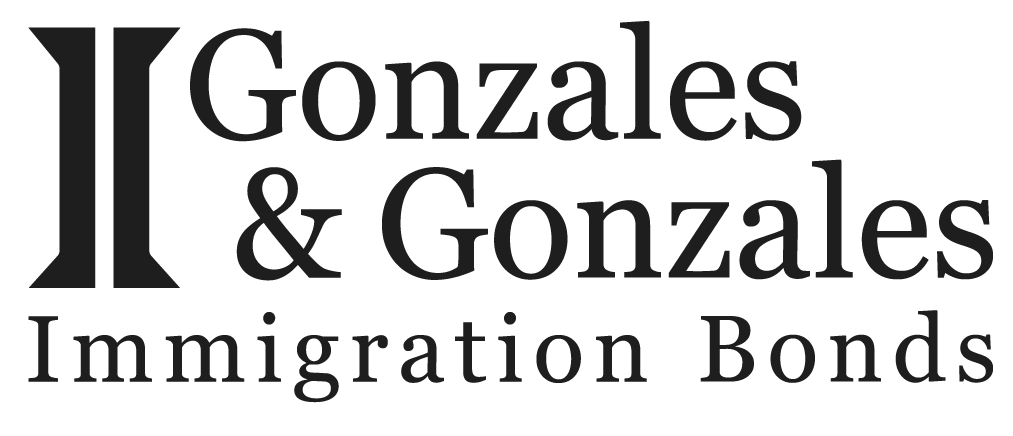Understanding Bail Bond Collateral
What is bail bond collateral? When a person is arrested, they will be required to be present at an initial court hearing within the next 24 to 48 hours. At the hearing, the defendant will learn about their rights and the charges that are against them. After hearing the facts of the case, if the defendant meets the requirements, the court may permit them to post bail.
The bail amount will depend on the age of the defendant, their history, the number of the charges, severity of the offense, and other possible factors. If and when the bail is granted, the defendant will have three options available to them:

What Happens When the Bail is Granted?
1.) They will need to pay the full bail in cash so they can be released.
2.) He or she can post a bail bond through a licensed agent
3.) Pay nothing and be sent to jail.
If the defendant chooses to go with a bail bond, they will need to get in touch with a reputable bail bond office to post the bail on their behalf. Besides the fee, the bail bond agent may also request the defendant to put up bail bond collateral.
What is Bail Bond Collateral?
So what is bail bond collateral? It can be anything of value. Essentially, it is kept as security, as an assurance that the defendant will be present for the court hearing. If the defendant does not appear at the court hearing, the bail bond company would have to pay the full amount of the bail. As a result, bail bond collaterals should be commensurate with the total of bail, which will compensate the bail band office if the defendant jumps bail.
What are the Different Types of Bail Bond Collateral?
There are different types of collateral bail bond types. Below, we’ll cover what these are and what options are available to you. The bail bond company may have their own policies depending on the type of bail bond. They may temporarily take these items into possession until the defendant is released.
Real Estate
The most common type of bail bond collateral is real estate. Defendants who are the primary owner of a building or property may put that up as collateral. In order to qualify as collateral, a property must be in good shape and have value. In addition, it cannot be under a mortgage. In order to offer real estate as collateral, the defendant will need to file a deed with the county courthouse. This is to inform the courthouse that the property is now under the lien of the bail bond company until your bail is released.
Cars/Vehicles
Any types of vehicles can qualify for a bail bond collateral. These can include cars, trucks, boats, snowmobiles, bikes, RVs, etc. To put up a vehicle, the defendant will have to prove that they own it. They will continue to possess it, although the bail bond company will hold its title. If the defendant fails to appear at the court hearing, the company may sell the car, truck, vehicle, etc., to pay for the loss.
Valuables
Bail bond companies may also accept valuables such as antiques, jewelry, watches, electronics, etc. as collateral. They may inquire with the defendant about the actual value of the item and will require a certificate of authenticity or that the item belongs to you along with the value of the item. Unlike with real estate or vehicles, the bail bond company may actually take the valuables into their possession. Bail bond companies will have differing policies about how they handle valuables as collateral, so you will need to be aware of them.
Credit Cards
If the defendant chooses to utilize their credit card as a form of collateral, they will need to ensure that their credit card limit exceeds that of the bail amount. In addition, the defendant will need to disclose the authorization code so that the bail bond agent may recover the losses should the defendant fail to appear before the court or otherwise violate the conditions of the bail.
Cash
Cash isn’t quite as common as some of the other forms of bail bond collateral. It is however, the easiest form of collateral. Typically, if the bail amount is lower, cash is used. It is a relatively convenient bail bond collateral choice because bondsmen find it easy to work with especially since no transfer of ownership is needed.
Irrevocable Letter of Credit (ILOC)
The ILOC is a letter that the bank writes to the bail bond company, which states the bank guarantees the conditions as laid out by the bail bond agency. The defendant will need to have money in the bank. If the defendant refuses to attend the court hearing, the money in their bank account will make up for the losses that the bank incurs.
Stocks & Bonds
Finally, stocks and bonds may also qualify as bail bond collateral. The value of the investments need to exceed the amount of the bail bond. The defendant’s stocks and bonds will be in possession of the bail bond company.
Bail Bond Collateral: In Summary
To understand how to get your loved one out of immigration custody, you’ll need to know all of your options. At Gonzales & Gonzales Immigration Bonds, we have been focused on keeping families together for over seventy years. To help you understand bail bond collateral, please call us today at 1-800-628-8888.
